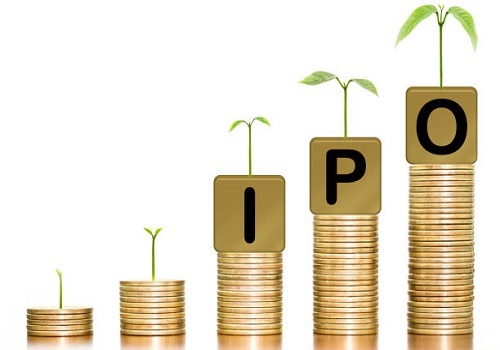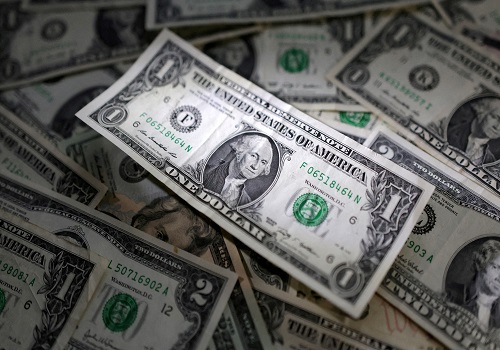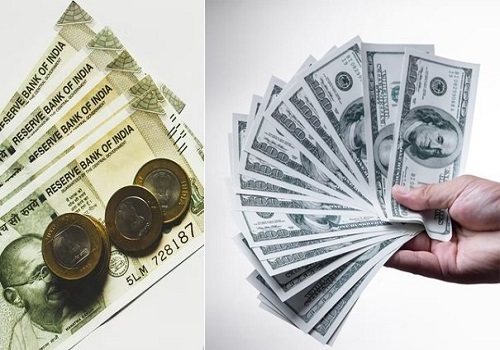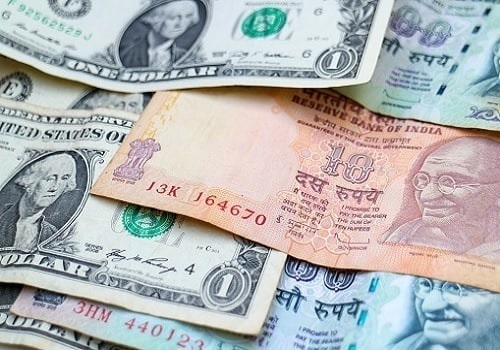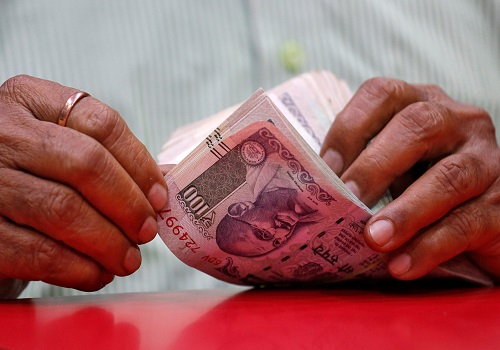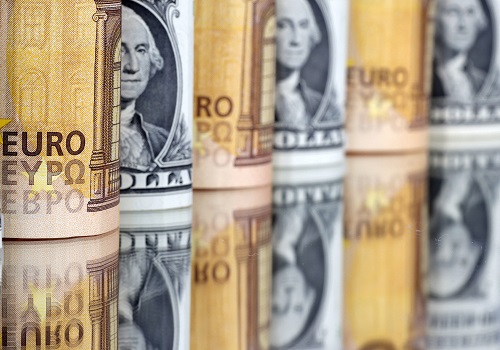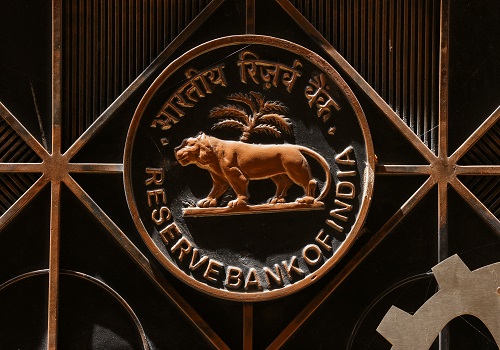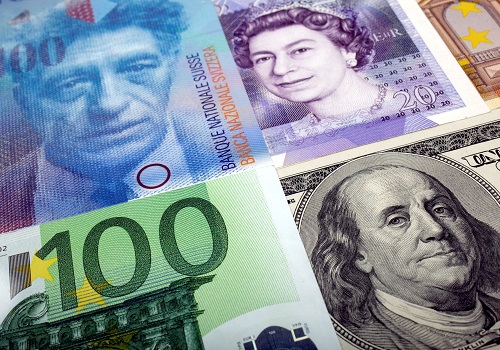Dollar stays soft with Omicron and Fed top of mind
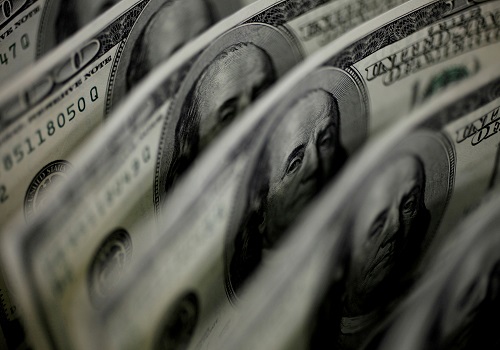
Follow us Now on Telegram ! Get daily 10 - 12 important updates on Business, Finance and Investment. Join our Telegram Channel
HONG KONG - This week's rally in risk-friendly assets and currencies like the Australian dollar petered out on Thursday, but the U.S. dollar struggled to regain its lost ground as investors waited for a key Federal Reserve policy meeting due next week.
The Aussie dollar was steady at $0.7171 just off Wednesday's week high, having gained this week along with equities, while the euro sat at $1.1331, after jumping 0.7% on Wednesday to a week high of 1.1335.
MSCI's all-country world index is back in sight of all-time highs, having had its best day in more than a year on Tuesday and rising further since then. [MKTS/GLOB]
Markets have been roiled week by news of the new strain of COVID-19, which drove investors to safe havens last week, but have since taken heart from signs that the worst fears may not be realised.
BioNTech and Pfizer said on Wednesday a three-shot course of their COVID-19 vaccine neutralised the new Omicron variant in a laboratory test, an early signal that booster shots could be key to protection against infection from the newly identified variant.
"It's very 'virus-on', 'virus-off' in the FX market, and I think we are going to be stuck with this for a while," said Paul Mackel, global head of FX research at HSBC. "The headline risk associated with Omicron is very high, it's very confusing, and it's making the intraday moves fairly volatile."
Illustrating this, the pound dropped to a year low on Wednesday after British Prime Minister Boris Johnson imposed tougher COVID-19 restrictions in England, ordering people to work from home, wear masks in public places and use vaccine passes.
On Thursday it too was quiet, having rebounded a little to last trade at $1.3207.
The new strain is also making it harder for market participants to predict how quickly central banks will cut back pandemic-era emergency stimulus and raise interest rates.
Banks' different schedules had been the major factor shaping currency markets in recent weeks. Most importantly the U.S. Federal Reserve is expected to announce it will accelerate tapering of its bond-buying programme at its meeting next week.
"The risks of the Fed not announcing a faster taper on 15 December stem primarily from the Omicron variant," wrote analysts at Nomura in a note.
"We believe that if Omicron-related fears subside, the market would quickly reprice in U.S. Fed tightening, potentially beyond what was priced in before the Omicron news," they said.
Expectations of U.S. tapering had helped the dollar index rise to over a year high in late November, before Omicron's emergence sent it lower.
CPI inflation data due Friday could also have an effect on the Fed's decision.
The Canadian dollar was largely unchanged after the Bank of Canada held its key overnight interest rate at 0.25%, as expected, and maintained its guidance that a first hike could come as soon as April 2022, having gained to its highest level in around three weeks ahead of the meeting along with higher oil prices.
China's yuan hovered at a more than 3-1/2-year high against the dollar on Thursday on continued year-end seasonal corporate demand, though some investors were growing cautious over how much more Beijing would allow the currency to appreciate.
Bitcoin slipped 1.3% to just below 50,000 as it continues to trade in a narrow range after a sharp weekend plunge.

